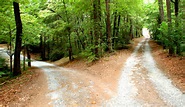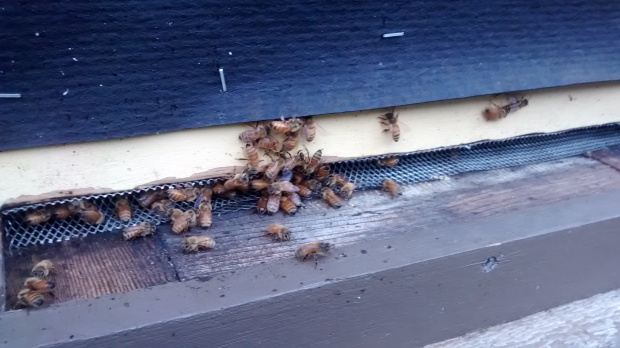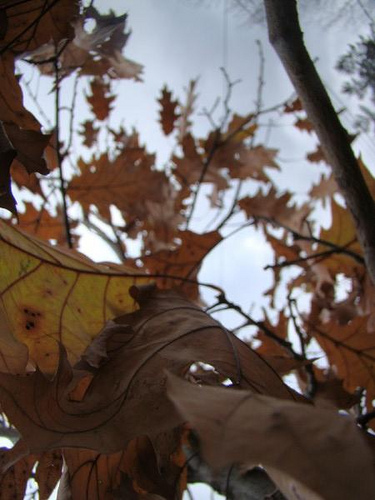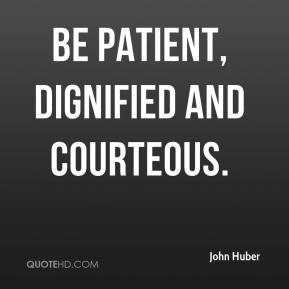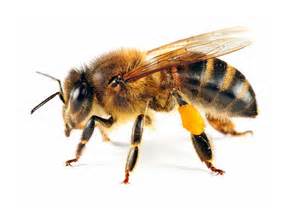A bear got into one of my hives last week. The carnage was, well…it was a bear. Right behind where the hive sits there was a large place where it was obvious that he just laid down and slicked up the frames. There was wax and wood all over the place, but there were three or four frames that seemed like they were laid gently next to some bricks.
I didn’t notice the hive had been massacred right off the bat. During the day I like to look out the back window of the soon-to-be shop and watch the bees fly in and out of their home. I did this, and I noticed. Running out and realizing what had happened I didn’t get angry; it was strange.
I picked up the leaning frames and instantly saw a huge glump of bees: was the queen alright?! Gently I set up the hive again, and put the three frames (full of globs of bees) in the middle, surrounding them with clean, unadulterated frames. The next day I added a frame of honey; they weren’t so nice.
Everyone has told me that bears attack hives; up in the mountains of Colorado, and evidently in Northern New England. I can’t blame the bear, it must eat as we all do. I only have myself to blame. That is in fact lesson that is cyclical: it is my fault and no one else’s. The lessons we learn are seldom about bears or bees, accidents or bad “fate” (There is no such thing you know).
It is our fault, the blame is our own; and we must learn because to make mistakes is human, but to learn from them is god-like.

